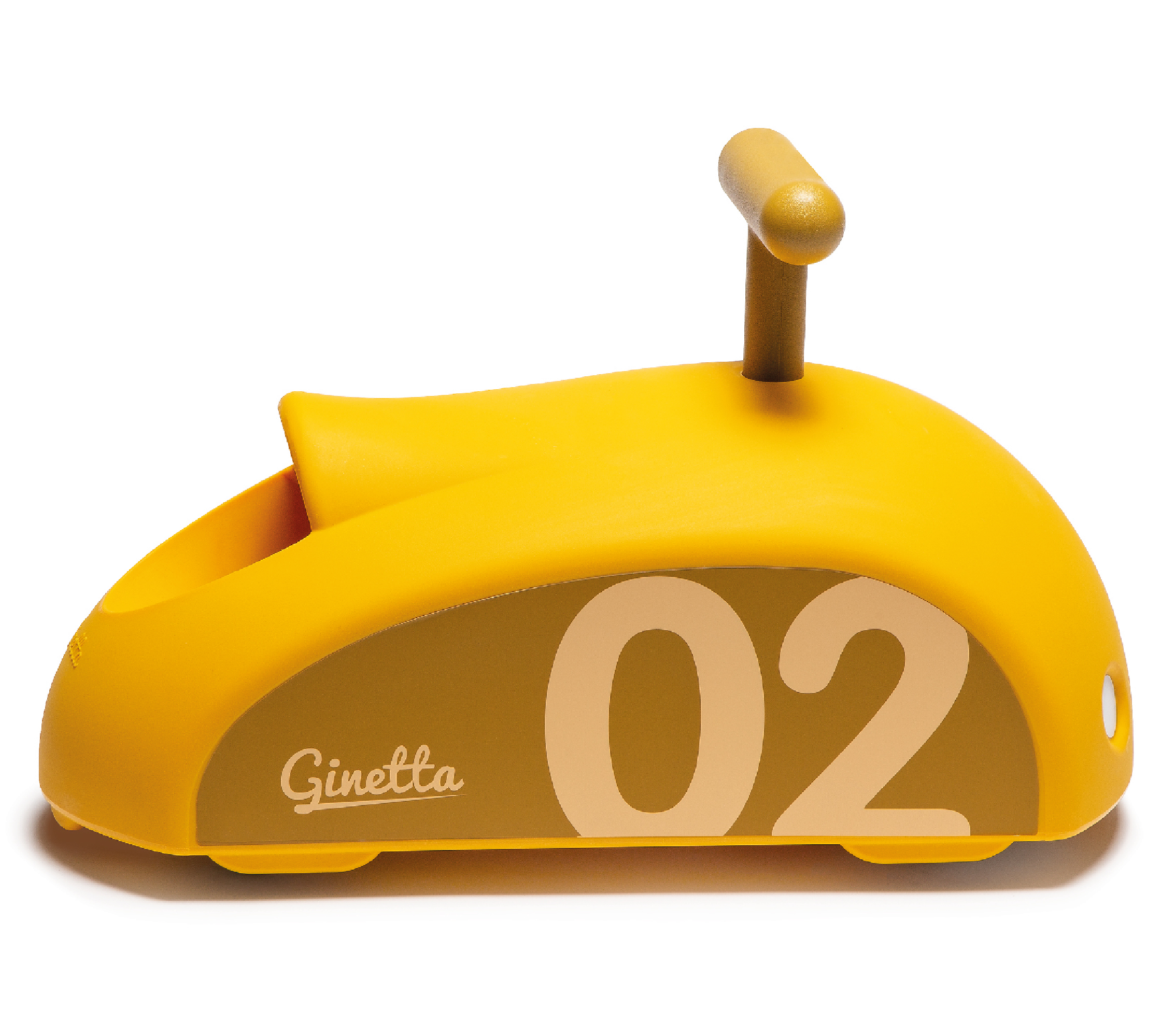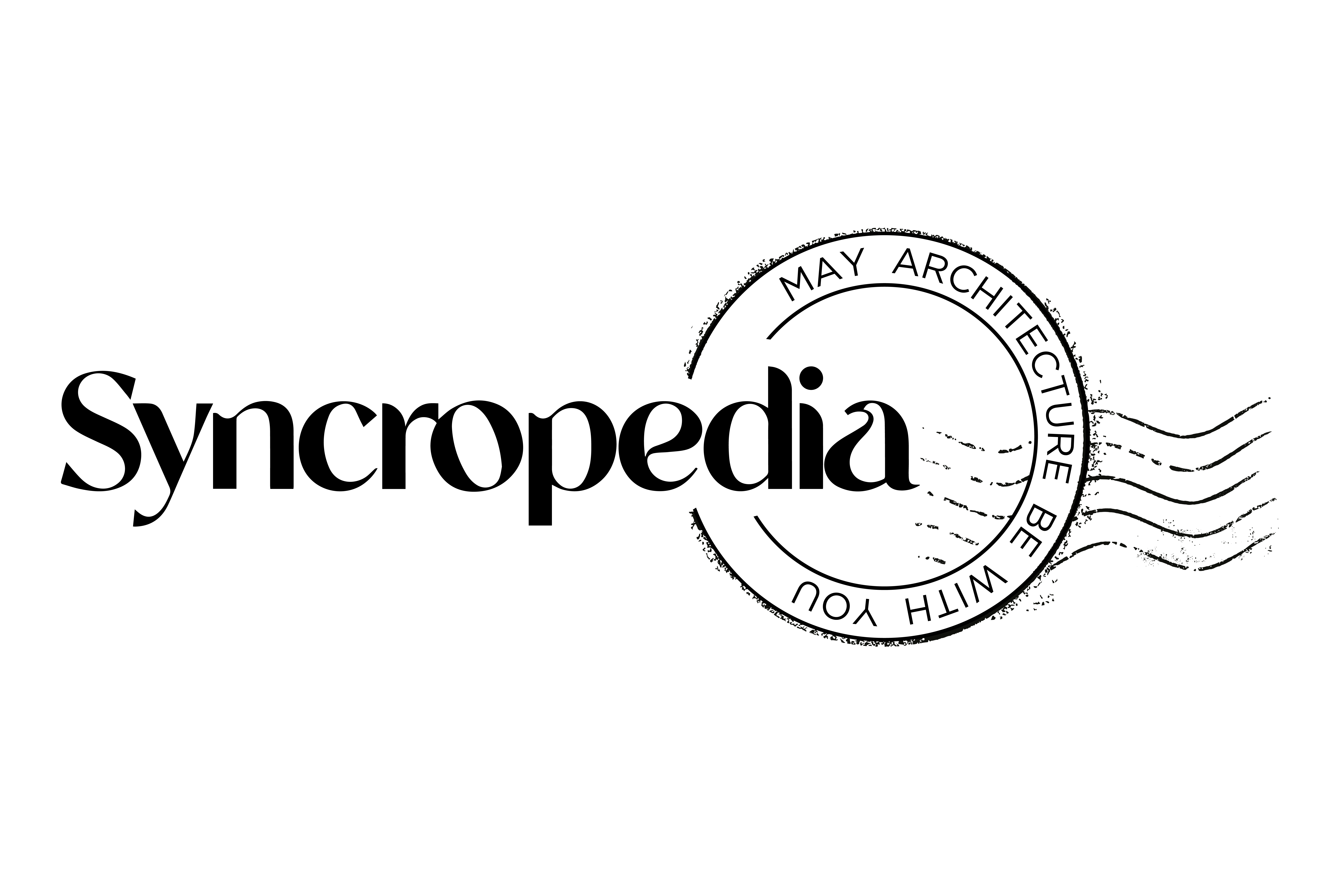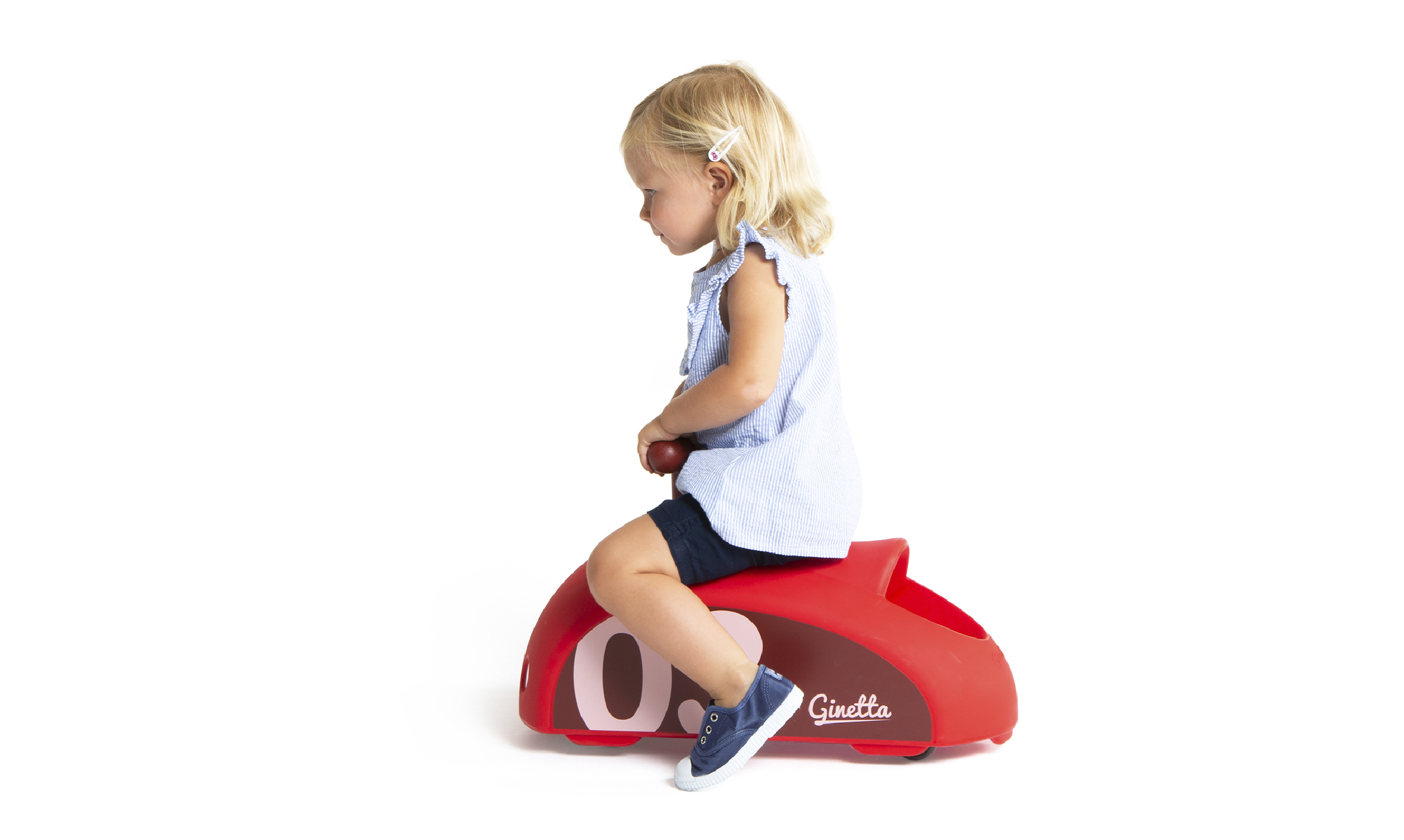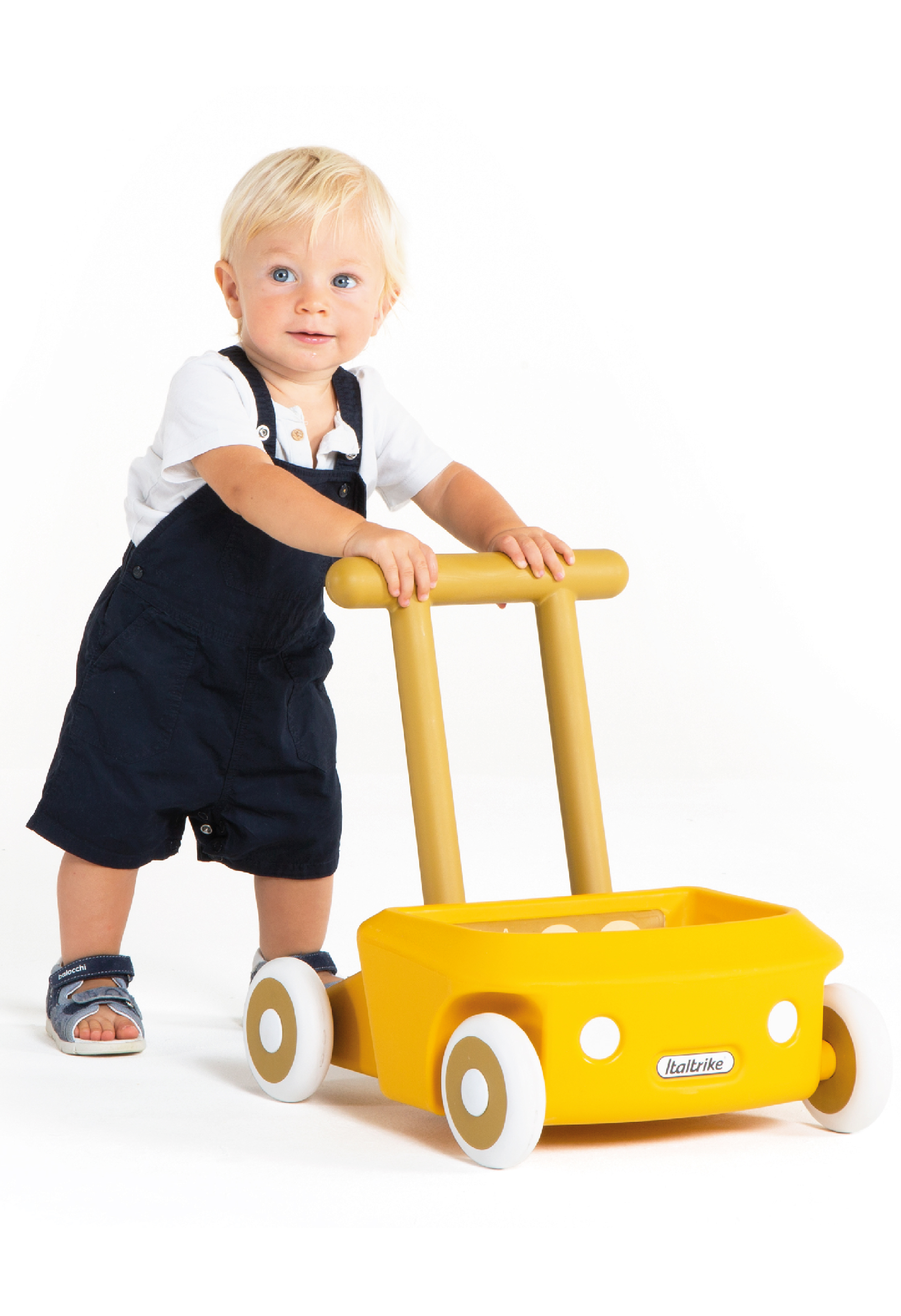Interview with Stefano Gandolfi, entrepreneur of Italtrike, a family business specialising in cycles, tricycles and rideable vehicles for children
Provocative question: plastic yes, plastic no?
Plastics absolutely, but I would talk about plastics, as there are so many different mechanical, aesthetic and sensory characteristics that plastics have acquired over time. The current 'information' storytelling about 'plastics killing nature' is poorly set up. The important thing for mass communication is to find a culprit, and plastic is the perfect culprit.
Italtrike certified ISO 9001:2015, 140001:2015 and 45001:2018. can you give us information on this?
For many years now, TUV SUD Italy has certified Italtrike's quality, environment, occupational health and safety of workers management system. This means that every step of the work is always and only done following company procedures that refer to these international standards.
What are Italtrike's plans and objectives to better address the issue of plastics in the coming years?
Italtrike's primary objective in 2020 is to become a zero-emission company by 2030. This is about the European Green Deal project that sets zero-emission standards for Europe by 2050. We will make all our decisions and implement programmes only based on this objective. The first was to commission a university institute to calculate the Co2e emitted by the Italtrike system in 2020. We have starting numbers to work with. It is not just a technical step but, first and foremost, a cultural step that must involve each of us in our choices, habits and behaviour. Plastics and the use of plastics play a significant role in this overall objective.
How important is plastic for you in the definition of your products?
Do you think plastic is in any way replaceable and could you do without it?
Plastics are an essential element in defining our products. Starting with the design, its characteristics must be exploited more effectively. Plastics machining processes are less impactful and require fewer working hours such as metal tube machining. The plastic used to package the goods can be replaced by other materials. In 2020, we launched 'Italtrike Bravo Box'. We realised that we were buying over 4,0tn/year of various types of plastic to package our products. Today, more than 95% of our products are packed in bravo boxes, 100% recycled and recyclable paper fibre packaging. The tape-tape to close the boxes is also made of canvas paper with an adhesive part made of water-based glue.
 Mini Eolo GINETTA-YELLOW
Mini Eolo GINETTA-YELLOW
At one time, plastic was adopted in the toy industry because it was considered somewhat 'indestructible' and durable and, therefore, suitable for use by children. Why is the use of plastics still so widespread today?
Because it's an accessible material to use, we are surrounded by plastic objects...
Italtrike and Mepol plastics, first tell us what it is?
Mepol is a controlled and certified second-use industrial plastic. Toys must comply with the safety standard EN71.3 chemical part, which requires the use of materials free of substances hazardous to health. Mepol has this characteristic. We are experimenting with other materials, such as plastic of vegetable origin, obtained from the waste from paper processing, limine, or even plastic with different contents of vegetable origin, such as cork and bamboo. Research and experimentation are tricky because these new plastics are generally more expensive and difficult to process.
Do you have an experience or project related that you would like to tell us about that made you open your eyes to the issue?
It is still an ongoing project, which I hope will start this year. Thanks to my dear friend Prof. Luca Fois of the Milan Polytechnical University, last September, I was invited to participate in an initiative promoted by the Fondazione Stretto di Messina. It is a technological project and a cultural and social one, which intends to use the waste from beer production as a fundamental component to generate vegetable-based plastic. It starts with a closed brewery due to a lack of order and production. The foundation helps the unemployed workers to get going again; the University of Messina intervenes and finds a way to exploit the waste from beer production. Finally, Professor Fois invites several toy companies to test, try, use and even invent new toys that will then be produced on-site with this new plastic. Fantastic! From a business failure, with the help and cooperation of many willing people, we want to give new jobs, reuse waste, start new local business initiatives. This shows how much room for improvement we have ahead of us. Plastics remain a vital material on which to work to develop new solutions.
What advice would you give to a designer or an architect to avoid making mistakes when choosing materials for designing and producing objects and accessories?
What have we overlooked, and what were the mistakes made in the recent past that need to be analysed to understand the way better forward today and in the future?
You have to start with the design. Once upon a time, especially in toys, the product had to be cheap. Full stop. Today, the added values of the product are different: safety, design, functionality, durability and sustainability. We need to start immediately with clear ideas and on the right foot. At the end of its life cycle, the product must be disassembled into its component materials. These can then be reintroduced into what is called the circular economy, but which should also be called the cultural economy. The culture of the consumer must change; the consumer must base their purchase on other value characteristics of the product, such as durability, the possibility of having spare parts, of having materials live again at the end of their life in a new production cycle.
Italtrike follows these principles and all our new products are designed based on this. By 2022, we want our products to have a label showing the carbon footprint, i.e. the value of the CO2 footprint they leave on the ground. Sustainability is the most important cultural change we face. It is in great contrast to the politics of consumption and economic growth. The time of the disposable object is over. Consumption will have to change and become intelligent consumption. As Nobel Prize winner Giorgio Parisi says, it is not the planet at risk, but we humans! So we must all, each for his part, act so that emissions and the exploitation of resources, which are not infinite, are managed differently.







